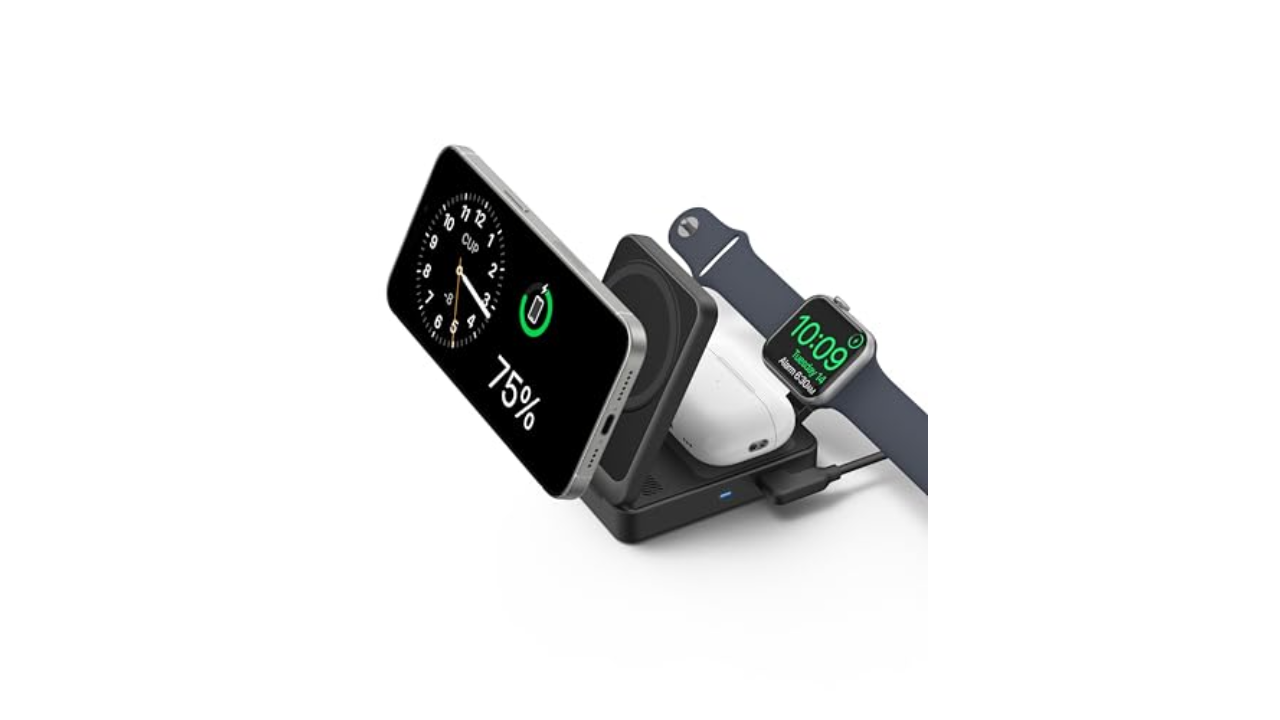
When it comes to running the “perfect meeting”, Amazon’s co-founder Jeff Bezos thinks he’s cracked the code.
Before Bezos stepped down as Amazon’s CEO in 2021, he previously declared that using PowerPoints in meetings was a big no-no—and he still stands by that logic.
Instead, the tech billionaire thinks that preparing a crystal-clear six-page document on what’s about to be discussed is the winning formula for a productive meeting overflowing with ideas.
“My perfect meeting starts with a crisp document… and a messy meeting,” he said on the latest episode of the Lex Fridman Podcast. “I don’t keep to a strict schedule. My meetings often go longer than I plan for them to because I believe in wondering.”
New employees at Amazon and his latest space venture, Blue Origin should expect “the weirdest meeting culture you ever encounter,” he added, including silently studying the long document for 30 minutes at the start of each meeting before opening up for discussion.
Unlike PowerPoints, which Bezos says are easy to create and hide “a lot of sloppy thinking in bullet points”, this process requires much more effort from the meeting leader. Meanwhile, participants can’t “pretend to do the reading”.
“Now we’re all on the same page, we’ve all read the memo and we can have a really elevated discussion,” he concluded.
Get your teams ‘unfiltered’ ideas
The best ideas come from diverse thinking—but as instinctive people-pleasers, it’s hard to voice your opinion if it’s different from that of the boss.
So by asking a team member to create the six-paged meeting memo, you can get their genuine opinion on a topic.
“The author of the memo has got to be very vulnerable, they’ve got to put all their thoughts out there and they’ve got to go first,” Bezos said. “That’s great because it makes them really good and you get to see their real ideas—you’re not trampling on them accidentally in a big PowerPoint presentation.”
Another way that Bezos said he empowers every person in his team to say what they’re really thinking—without being swayed by his opinion—is by letting his employees lead meetings.
In fact, to hear everyone’s “unfiltered” opinion, he recommends employees take the floor in order of seniority with the most junior going first, because, he says, our minds can be easily changed by those you respect.
“If I speak first, even very strong-willed, highly intelligent, high judgment participants in that meeting will wonder, ‘Well, if Jeff thinks that, maybe I’m not right’,” he said. “If you’re the most senior person in the room, go last.”
What to do when data and anecdotes disagree
Another way Bezos has avoided having unproductive meetings, where workers don’t feel trusted to share their opinions, is by giving their ideas the benefit of the doubt, even if the data isn’t there yet.
“A lot of our most powerful truths turn out to be hunches,” he said. “They turn out to be based on anecdotes, they’re intuition-based and sometimes you don’t even have strong data.”
Instead of disregarding their judgment due to the lack of evidence, Bezos recommends digging deeper into their intuition—especially if what you’re hearing resonates with your own gut feeling.
“Let’s try to see if we could actually know whether it’s right,” he said, adding that ultimately even if the data doesn’t back up your worker’s hunch, they’re probably still on the money.
“When the data and the anecdotes disagree, the anecdotes are usually right,” Bezos concluded. “And it doesn’t mean you just slavishly go follow the anecdotes. It means you go examine the data… It’s usually that you’re not measuring the right thing.”
Credit: Source link














